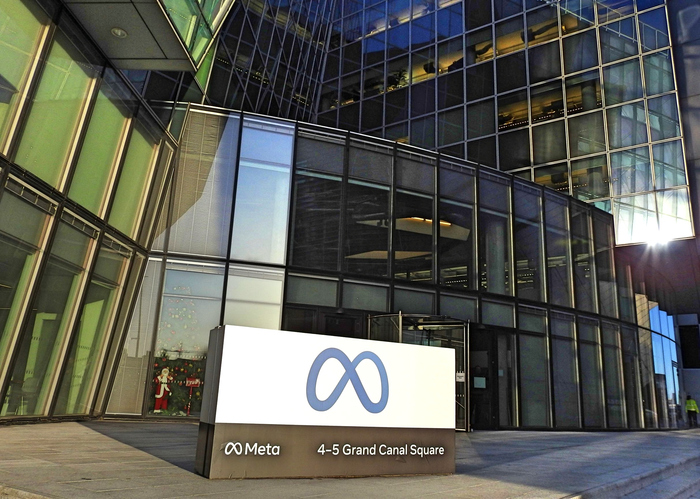Gathering and Submitting Evidence to the SEC
Key to the success of this whistleblowing is the quality and relevance of the evidence provided, not to mention the timeliness in which the information is submitted. Learn about the types of evidence a whistleblower should provide when reporting securities fraud to the SEC, as well as actionable steps to becoming an SEC whistleblower.
May 14, 2025

This information is provided for educational purposes only by Kohn, Kohn & Colapinto and does not constitute legal advice. No attorney-client relationship is created by accessing this content. Laws and regulations may change, and this material may not reflect the most current legal developments. If you believe you have a whistleblower claim, consult a qualified attorney to discuss your specific circumstances.
The Securities & Exchange Commission (SEC) plays a key role in maintaining the integrity of the United States’ financial markets, and enforcing securities laws and regulations to protect investors. To carry out this purpose, the SEC relies heavily on information from insiders who expose violations of securities laws.
Key to the success of this whistleblowing is the quality and relevance of the evidence provided, not to mention the timeliness in which the information is submitted. In this article, we delve into the topic of what types of evidence a whistleblower should provide when reporting securities fraud to the SEC, as well as actionable steps to becoming an SEC whistleblower.
We are delighted to announce the addition of former SEC Acting Chair, Allison Herren Lee, to our team, further solidifying our commitment to protecting SEC whistleblowers.
Now Of Counsel at Kohn, Kohn & Colapinto, Allison Herren Lee is ready to serve and protect whistleblowers, and help them seek rewards under the SEC Whistleblower Program. If you’re an SEC whistleblower wanting to report a concern, contact our law firm today to speak confidentially with Allison H. Lee.
Documentation is Key
One of the best types of evidence you can provide in a securities fraud case is documentation. This might include emails, memos, letters, financial statements, or meeting notes, among other key pieces of information when creating a compelling case.
These documents can paint a clear picture of fraudulent practices, from false financial reporting to insider trading, market manipulation, and even bribery. When gathering such documents, whistleblowers must ensure they are original, unaltered, and obtained legally.

New Release
Rules for Whistleblowers
Learn more about SEC whistleblowing by reading founding partner Steve Kohn’s latest book, Rules for Whistleblowers: A Handbook for Doing What’s Right.
You can also browse the Law Library for more information on obtaining documents legally.
Analysis of Data
Securities fraud often involves sophisticated financial misconduct. Thus, having raw data accompanied by insightful analysis can help expose such manipulations.
This might include unusual patterns in trading activity, discrepancies in accounting, suspicious transactions, or manipulative practices in buying or selling securities. The analysis should be prepared in a way that when carefully analyzed, can offer concrete proof of fraud.
You’ll want to be sure you include your analysis and highlight the irregularities you’ve noticed
First-hand Observations
Personal testimonies of fraud or misconduct should definitely be considered in a securities fraud case. If you’ve directly witnessed fraudulent behavior, your detailed account can be a game-changer. Make sure to note the date and time, location, people involved, and the sequence of events. This first-hand evidence can provide context and human elements to supplement abstract figures and facts.
Whistleblower Support
Corroboration is an important element in a strong SEC fraud case. If there are others who can verify your claim, their testimonies can significantly bolster your case.
The best practice is to discuss with an attorney experienced in handling SEC whistleblower award cases how to best submit a Tips, Complaint and Referral (TCR) form. This includes information and a summary of what potential witnesses may be able to add to your allegations.
Identifying corroborating witnesses may enable the SEC to follow up and gather more evidence to successfully prosecute those responsible for securities violations. It might also increase the chances of obtaining a whistleblower award in the event your allegations lead to a successful enforcement action.
Your attorneys will be able to advise how to best present the evidence and identify witnesses in a TCR.
Creating Timelines
Developing a timeline is a powerful way to show the SEC the sequence of events that occurred. This timeline can highlight the patterns or ongoing nature of the fraudulent activity, giving your claim more credibility. It’s a simple exercise, yet very powerful in laying out the facts clearly.
Importance of Recordings or Photographs
If available and legally obtained, recordings (audio or video) or photographs can serve as compelling evidence of fraud. Visual or audio proofs can capture moments of misconduct, providing direct, indisputable evidence. Always remember to respect privacy laws and regulations when collecting this type of evidence.
If you’re a whistleblower with information of securities fraud or misconduct, we strongly advise consulting with an attorney specializing in whistleblower cases to ensure the protection of your rights and the validity of your evidence. With the right evidence in hand, you can help the SEC ensure the integrity of our financial markets.
Our Firm’s Cases

Environment & Human Rights Violations Exposed
Oil industry’s environmental crimes and cover-up in Colombia have been exposed. Whistleblower Andrés Olarte Peña, with the support of his attorneys Kohn, Kohn & Colapinto and the damning evidence compiled in the Iguana Papers, is calling for an investigation into Ecopetrol and its executives by the Colombian government and the U.S. Securities and Exchange Commission.

$30 Million Award
Protecting the confidentiality of Wall Street whistleblowers is among the most important breakthroughs in federal whistleblower law. Under the Dodd-Frank Act, whistleblowers can file anonymous cases, and everything about their case, including who they sued, remains secret.

$13.5 Million Award
Our firm represented an anonymous whistleblower, who on May 17, 2021, received a whistleblower award of almost $13.5 million. The SEC has issued more than $31 million in whistleblower awards related to this case.

![Reporting Recordkeeping Failures To The Sec [2025 Guide]](https://kkc.com/wp-content/uploads/2025/01/Recordkeeping-Failures.jpg)




